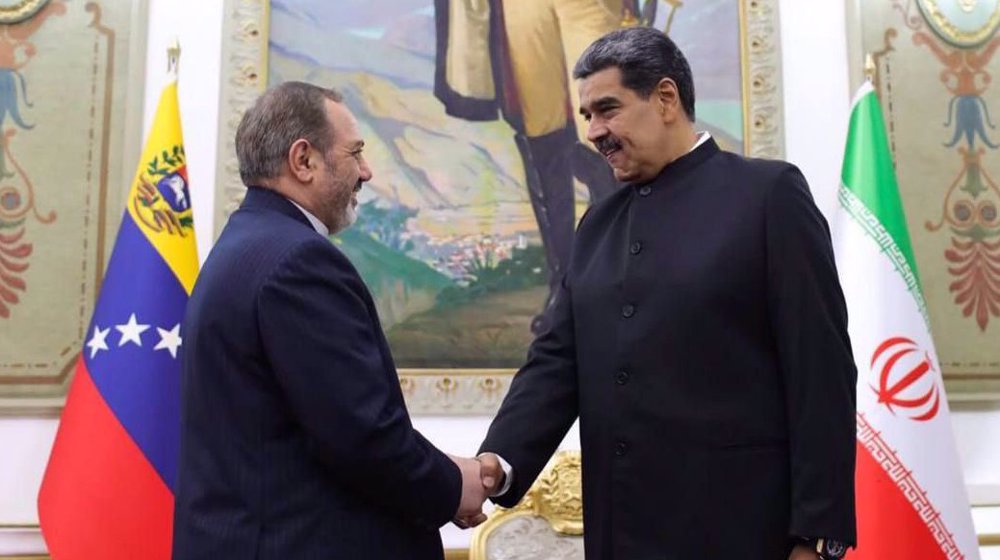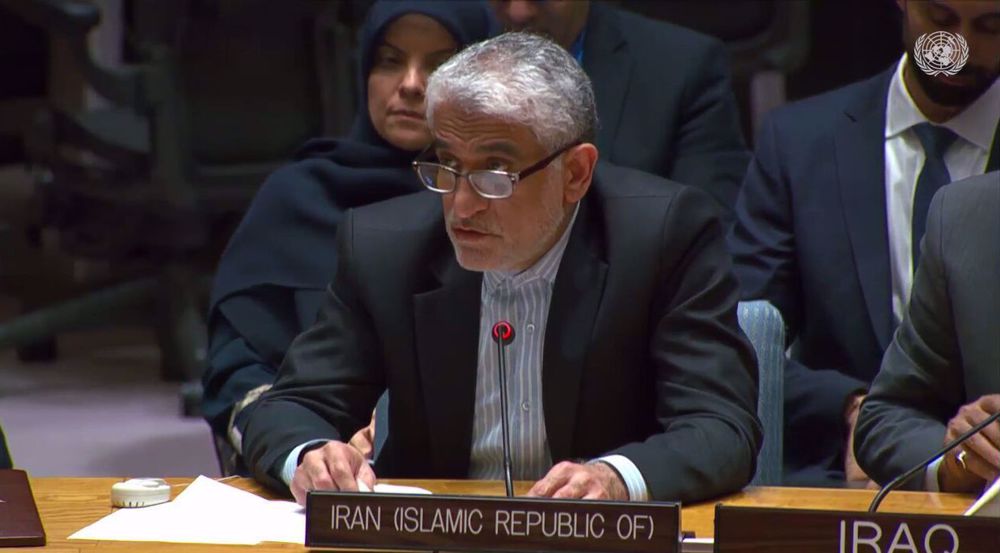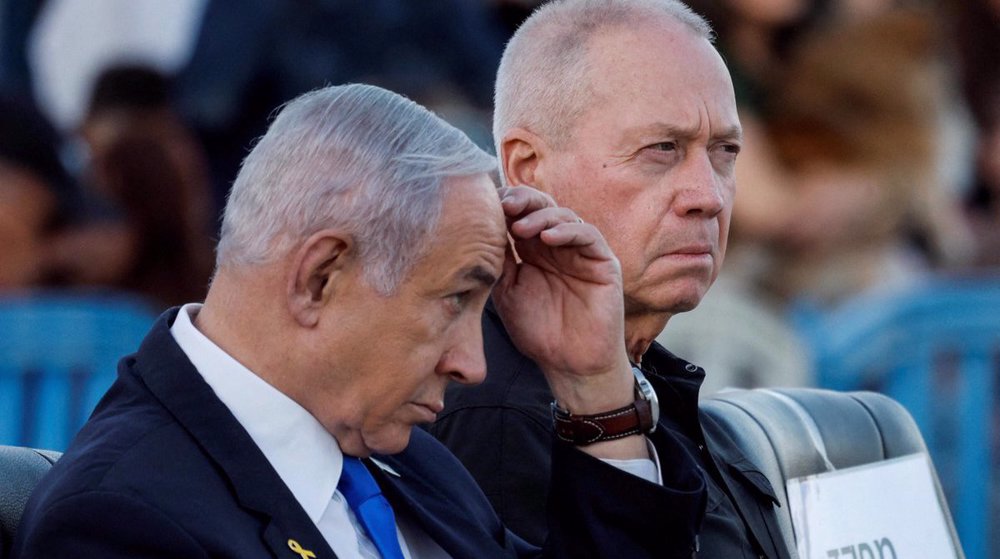After Trump speech, entire G-77 backs Iran deal
One hundred and thirty four countries, under the banner of the Group of 77 at the United Nations, have voiced support for a 2015 nuclear deal between Iran and six other countries following a tirade by US President Donald Trump against Iran and the deal at the UN.
Addressing the UN General Assembly (UNGA)’s 72nd session on Tuesday, Trump branded the agreement as “an embarrassment” for the US. He said the deal, known as the Joint Comprehensive Plan of Action (JCPOA), was “one of the worst and most one-sided transactions the United States has ever entered into.”
In a statement issued at the end of its ministerial meeting in New York on Friday, the G-77 “reaffirmed the importance of supporting and strengthening multilateralism, and in this regard recognized that the Joint Comprehensive Plan of Action (JCPOA) between the Islamic Republic of Iran and (P)5+1 is a concrete case of a successful multilateral action for resolving outstanding global issues.”
Iran and the P5+1 group of countries, comprising the five permanent members of the UN Security Council — namely the United States, France, Britain, Russia and China — and Germany, reached the JCPOA on July 14, 2015 and started implementing it on January 16, 2016. Under the agreement, Iran undertook to put limitations on its nuclear program in exchange for the removal of nuclear-related sanctions imposed against Tehran.
The G-77 “stressed that such model sets a real example for further accelerating the achievement of sustainable development, including by strengthening international cooperation, through enhanced means of implementation.”
The group was formed in 1964 within the UN. Initially featuring 77 developing countries, it came about to promote its members’ collective economic interests and to create an enhanced joint negotiating capacity in the world body.
Even though its membership has grown to 134, it has kept its original name.
All the signatories to the nuclear deal, except the United States under Trump, have hailed the agreement as a victory for diplomacy, and urged its continued implementation. So have the UN and the European Union (EU).
Since Trump’s inauguration in January, his administration has been seeking to potentially withdraw. It has imposed certain unilateral sanctions on Iran, and most recently, it has been saying that the JCPOA should be renegotiated. Iran and the other parties to the deal have said that won’t happen.
The G-77 ministers reaffirmed their rejection of the unilateral economic sanctions imposed on the Islamic Republic, saying the bans had a negative impact on the development and prosperity of the Iranian people and called for their immediate removal.
Addressing the General Assembly, however, Israeli Prime Minister Benjamin Netanyahu praised Trump’s stance on the deal and called for more sanctions against Tehran.
Meanwhile, Iran’s Foreign Minister Mohammad Javad Zarif has said he held around 30 meetings with various foreign officials on the UNGA meeting’s sidelines and all the representatives he met stressed that the JCPOA was non-renegotiable.
“All these people placed emphasis on the need to honor the JCPOA and the agreement’s being non-renegotiable,” he said.
VIDEO | Former FBI agent criticizes US Congress for 'outright corruption'
IRGC chief urges Muslim countries to cut aid routes to Israel
'New chapter in cooperation': Iran, Venezuela sing new MoUs
Jordan sentences former lawmaker for supporting Palestinian resistance
Basij volunteer forces hold massive drills in southwestern Iran
Israeli war criminals 'not welcome', US city says after ICC ruling
US vetoing of Gaza ceasefire resolution ‘disgraceful’: Iran’s UN envoy
VIDEO | IAEA adopts anti-Iran resolution tabled by E3















 This makes it easy to access the Press TV website
This makes it easy to access the Press TV website